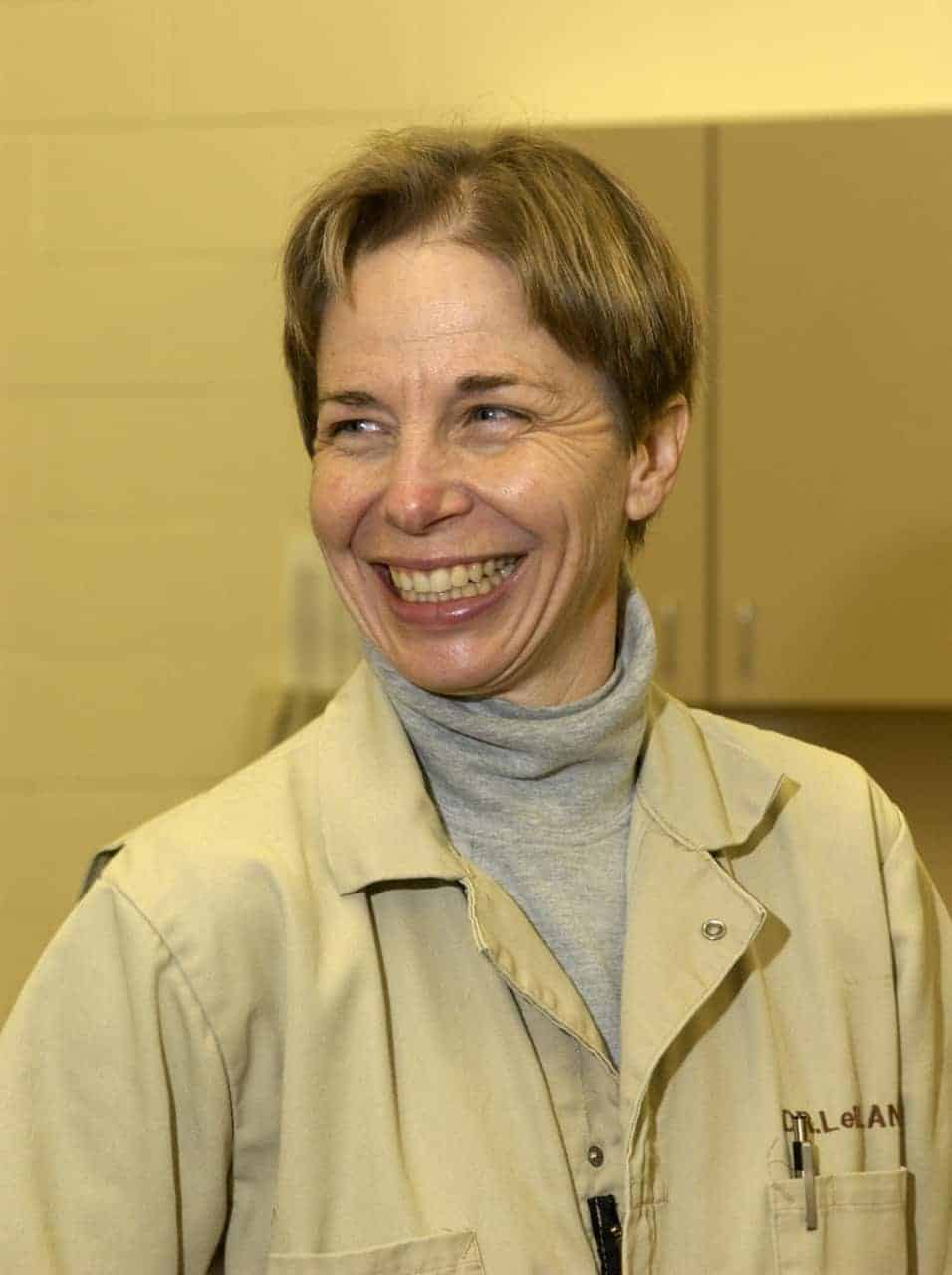Long Gestations
Do you have information on mares which have had exceedingly long gestations with loss of the foal at birth and premature placental separation? My mare had one pregnancy that resulted in the above problems and is now in her second pregnancy. What are the chances that she will have a repeat incident? How should she be monitored as she nears her foaling date?
AThere are a number of causes for prolonged gestation and premature placental separation. First of all, gestation length in the mare is extremely variable. Normal gestation length is considered to be 325 to 360 days. Mares which foal early in the year–January through February–carry their foals longer than mares which foal in June and July. So, what you consider prolonged might fall within normal limits.
There are pathological conditions that do result in prolonged gestation. The two most common are fescue toxicosis and degeneration of the uterine lining. The first condition can occur in any mare on pasture that contains fescue grass infected with an endophyte.
The endophyte seems to affect the neuroendocrine system responsible for timing of delivery. Most fescue grasses contain the endophyte because it grows better in drought conditions when infected. Other symptoms that pregnant mares might have if pastured on endophyte-infected fescue pasture is minimal udder development, minimal or no milk production, premature separation of the placenta, an oversized foal, and/or the delivery of a large, weak foal. These problems can be eliminated by management techniques or treatment
Create a free account with TheHorse.com to view this content.
TheHorse.com is home to thousands of free articles about horse health care. In order to access some of our exclusive free content, you must be signed into TheHorse.com.
Start your free account today!
Already have an account?
and continue reading.













